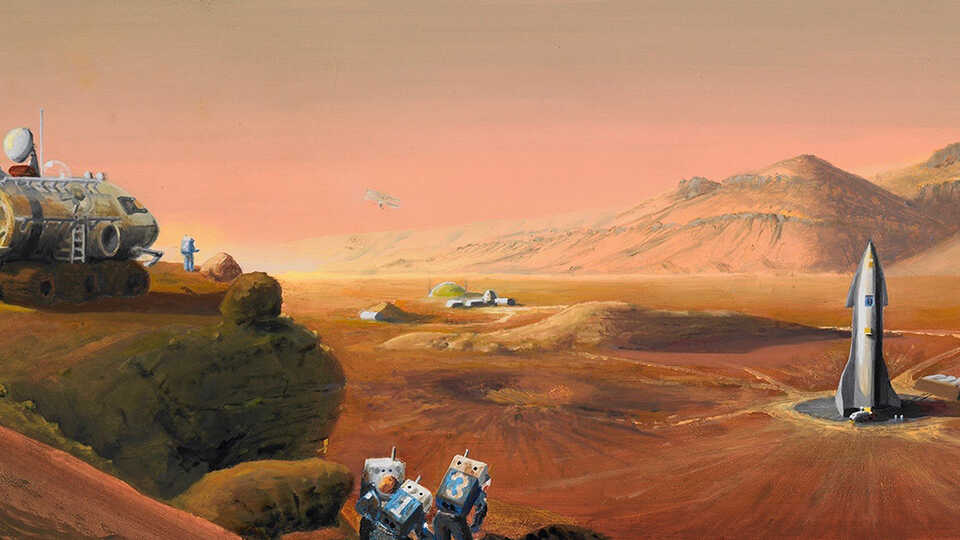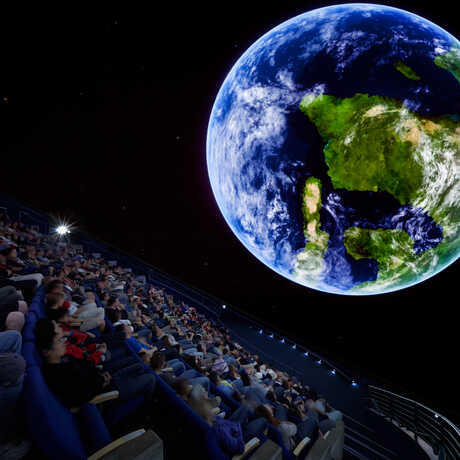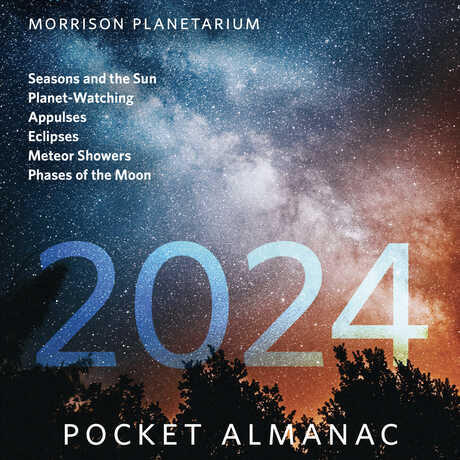Benjamin Dean Astronomy Lectures
The Future Human Exploration of Mars

The Future Human Exploration of Mars
Monday, July 1, 2024
7:30 pm, Morrison Planetarium
Featuring Dr. Pascal Lee, Mars Institute, SETI Institute and NASA Ames Research Center
The first human mission to Mars will be humanity’s greatest adventure in space exploration this century. As with all expeditions, its success depends on planning. The first steps are already under way, as we build more efficient rockets, achieve longer space flights, plan our return to the Moon, and work in extreme environments on Earth viewed as Mars “analogs.”
Dr. Lee will present the progress being made around the world, from the Arctic to Antarctica, from basement labs to the International Space Station and the Artemis Program, to achieve the first human voyage to Mars, examining in turn the what, why, how, where, when, and who of the first human mission to Mars.
About Pascal Lee

Pascal Lee is a planetary scientist with the Mars Institute, the SETI Institute, and NASA Ames Research Center. He is director of the NASA Haughton-Mars Project, the leading Mars field research project in the Arctic, and also professor of planetary science at Kepler Space University. His research focuses on water, ice, caves, and the search for life on Mars, and on planning the future human exploration of Mars. He has led over 40 expeditions to the Arctic and Antarctica to study Mars by comparison with the Earth.
Dr. Lee studied physics and geology at the University of Paris-Sorbonne, and got his PhD in astronomy and space sciences at Cornell University where he was Carl Sagan’s last T.A. He is a recipient of the United States Antarctica Service Medal, the National Space Society Space Pioneer Award for Science and Engineering, the Space Frontier Foundation’s Vision to Reality Award, and the Sagan Prize for the Popularization of Science.
In his free time, he likes to be walked by his dog Apollo, fly, and paint. He is an FAA-certified helicopter commercial pilot and flight instructor. His oil paintings on Mars exploration and spacetime travel are in collections worldwide.
From outer space to Earth's inner core, explore the universe from Morrison Planetarium's 75-foot digital dome.

Download Morrison Planetarium's 2024 Pocket Almanac to stay up-to-date on eclipses, meteor showers, satellite spottings, and more.
